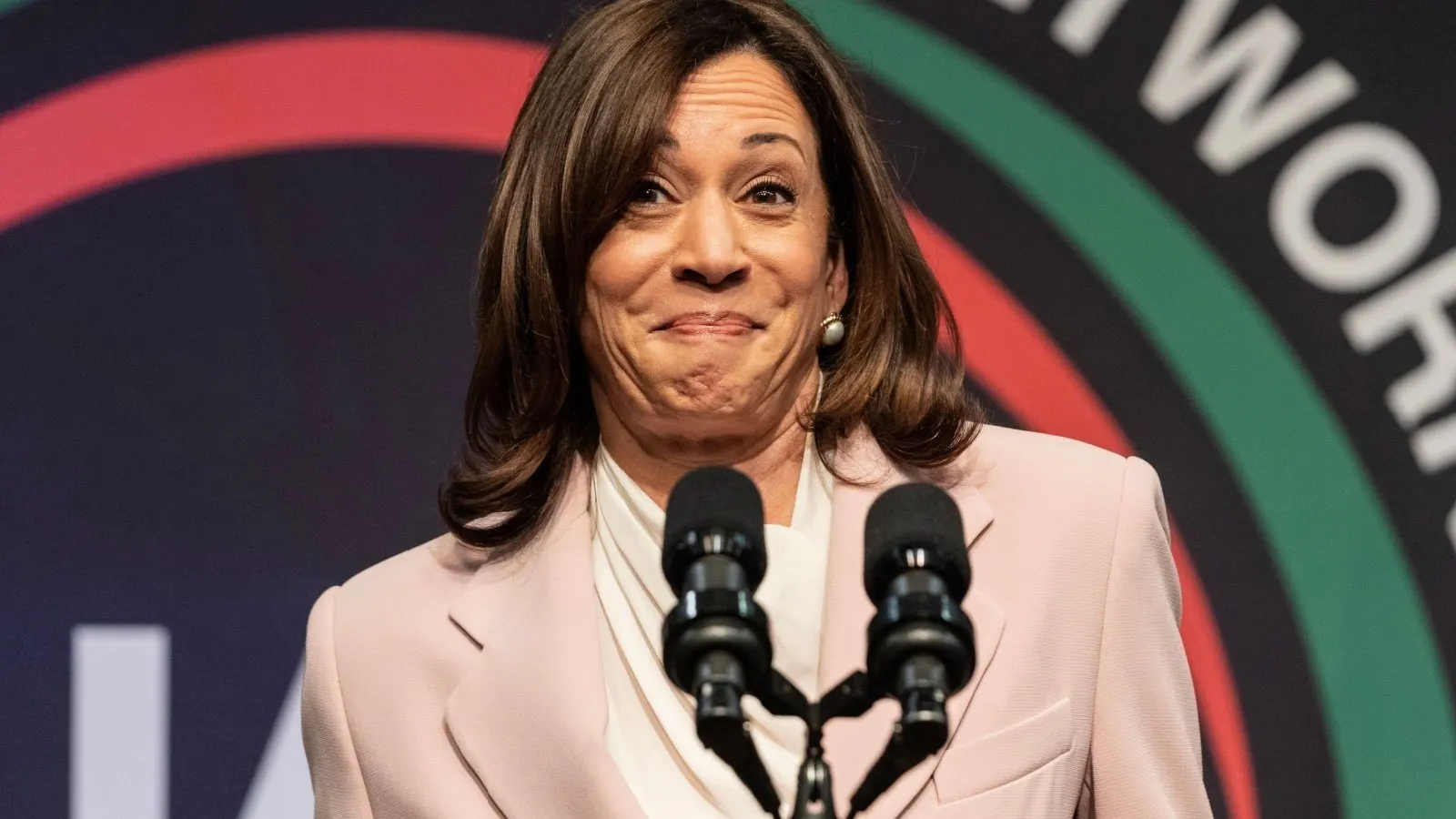The Democratic National Committee (DNC) unveiled its official platform on Sunday, with no mention of cryptocurrencies or blockchain technology in its nearly 100-page manifesto.
The document is expected to receive approval from delegates at the Democratic National Convention in Chicago on Tuesday. It is unclear if the document will be changed before then.
The DNC platform’s omission of cryptocurrencies marks a strong contrast to the rival Republican platform, which included several pro-crypto declarations.
The platform’s unveiling follows Democrats’ signaling of their willingness to engage with crypto industry leaders in recent weeks. Their shifting attitudes toward the digital asset space comes as pro-crypto donors pour millions of dollars into Democratic congressional candidates’ campaigns.
The DNC finalized its platform weeks ago before President Joe Biden backed out of the 2024 election, The Guardian reported. The DNC did not immediately reply to Decrypt’s request for comment.
Biden’s withdrawal from the race left Vice President Kamala Harris as the clear favorite to clinch the Democratic presidential nomination, with Harris scooping up endorsements from Biden along with a slew of major Democratic figures in the weeks that followed.
Several Democratic party members, such as pro-crypto congressman Wiley Nickel (D-NC) have specifically championed a Harris administration for crypto, arguing the incumbent VP would help, not harm, crypto firms and holders by striking a “balanced” approach to the industry.
Nickel told Decrypt in late July that he hoped to see crypto included in the party platform. Decrypt reached out to Nickel following the platform’s release for comment regarding the omission, but did not immediately hear back.
Not everyone is convinced that Democrats will take a friendlier stance towards crypto, however.
Under the Biden-Harris administration, federal regulators handed down dozens of enforcement actions against major crypto industry players such as Coinbase, Kraken, and Binance, kneecapping digital asset firms’ ability to carry out their business activities in the U.S.
In addition, several crypto lobbyists and firms have reported they’ve received no response to their letters to the Harris campaign about advancing crypto policy and regulation in the U.S.
Harris’ history of being at odds with the crypto industry—in addition to her party’s latest silence on the crypto issue—could direct crypto-focused voters to cast their ballots for Republicans, who were comparatively early to embrace the industry.
Beginning earlier this summer, the Republican Party ramped up efforts to fashion itself into a pro-crypto political party. In June, the RNC released its official party platform, which included several nods to popular pro-crypto talking points such as support for self-custodying digital assets and legal protections for Bitcoin mining, among other issues.
Edited by Andrew Hayward
Editor's note: This story was updated after publication with additional details.

